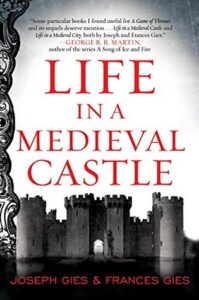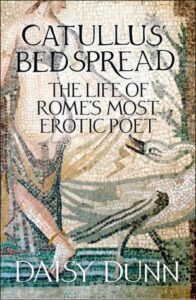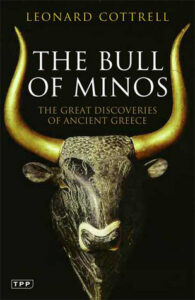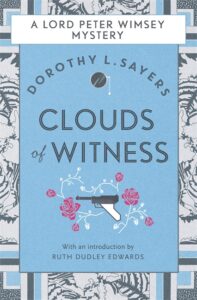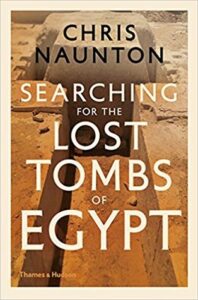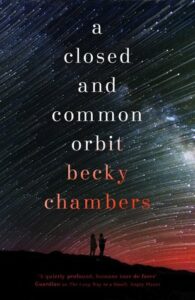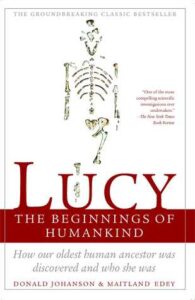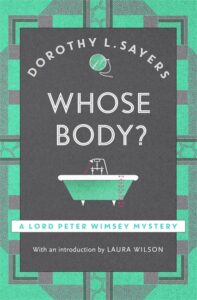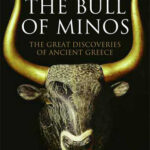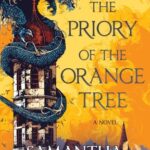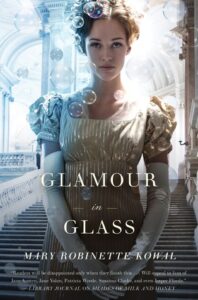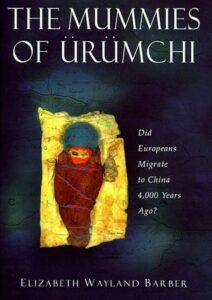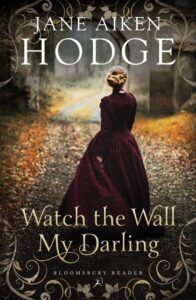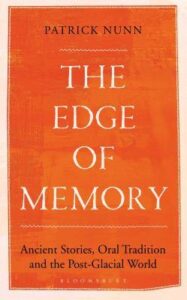 The Edge of Memory, Patrick Nunn
The Edge of Memory, Patrick Nunn
Patrick Nunn’s premise is that oral traditions may preserve details about events from a long time ago — not just decades, but centuries, and even millennia. He goes about trying to prove this by taking inundation stories as an example, linking them to post-glacial sea rise events, and trying to prove that the stories accurately depict the experiences of the tellers’ ancestors. I think his basic point is proven anyway: we know that oral traditions can preserve an amazing amount of detail over astonishing lengths of time. Homer’s Iliad and Odyssey were written down long after the events they describe, with clear features showing they were actually performed aloud and passed from person to person in a feat of memory. We know that this survival wasn’t just a matter of a generation or two, because the stories contain clear details that were no longer relevant to the time when the stories were actually written down: weaponry, customs and geopolitics were different, but are preserved in the epics with a surprising degree of fidelity.
However, I think Nunn tries to go too far, and is generally pretty unsound. For one example that made me question his research, he mentions his theory that people originally created rock art as a sort of aide-memoire, on the grounds that they wouldn’t have done anything that didn’t aid in survival — that it must be so, because they wouldn’t have had time for anything other than survival. However, the 40 hour work week is actually a purely post-Industrial construct: modern hunter-gatherers — even living in a world circumscribed by land ownership and industry, i.e. with nowhere near the range they would have had prehistorically — need to spend far less time on subsistence. Anything from 2 hours a day to 8 hours is suggested, most of it on the lower end of that scale; if nothing else, hunter-gatherers had the same amount of free time as modern humans, likely more.
That’s a comparatively minor point, but it definitely made me sceptical. Add to that Nunn’s tendency to use phrases like “it is plausible to assume” and “it seems likely”, and his rather circular attempts to use sea levels to date the stories and stories to date the sea levels, and I’m extra-sceptical. These are mythic stories — things like a kangaroo digging a hole that causes the sea to flood in — and his interpretations are faltering. Does it mean X? Does it mean Y? At one point he says the presence of a particular feature in a story proved it referred to a permanent inundation and then later, though I suspect this was bad editing, seems to say the opposite of another story (it didn’t contain the same feature, and therefore still referred to a permanent inundation — what?!).
I think Nunn attempts to use two things that are necessarily imprecise to date each other, and gets tangled up in the relationship between those. I’d much rather see some underwater archaeology to show that people were living in these locations at the right time, as a kind of independent third corroboration. I think he’s particularly shaky when he discusses stories where drowned buildings are clearly visible beneath the water: it’s obvious that those stories cannot be purely handed down from the time of the inundation, but will have been reinforced, changed, or possibly even invented by new tellers, when the drowned buildings were observed in later times.
The basic premise that oral culture can preserve some astonishing detail from very far in the past is undeniable, and I commend Nunn’s use and examination of Australian Aboriginal stories in particular — I think it was a sound choice given their isolation from other people’s and the strength of their oral culture. I just think Nunn tries to stand up a stool with only two legs (the stories and sea levels), and should definitely have thought about other ways to establish his theories.
Obviously this is not my field in any sense, though I have a background in scientific investigation, so take my opinion for what you think that’s worth. I found the book interesting and largely well-written, even if the arguments are weak. I did find the recounting of every single individual inundation story known to the author rather tedious. There’s something like 21 one of them: pick the best ones, dude. Make a table to compare them. Just… something!

